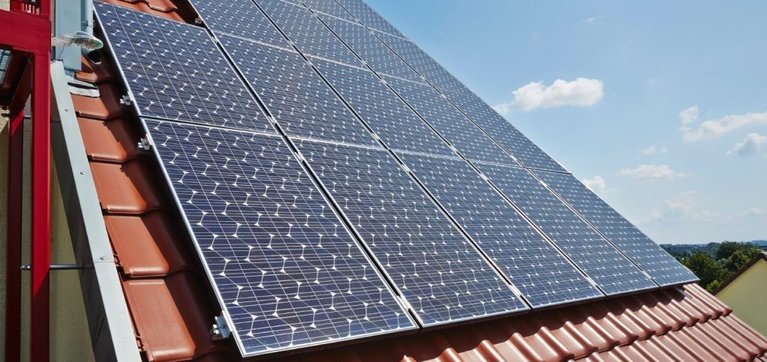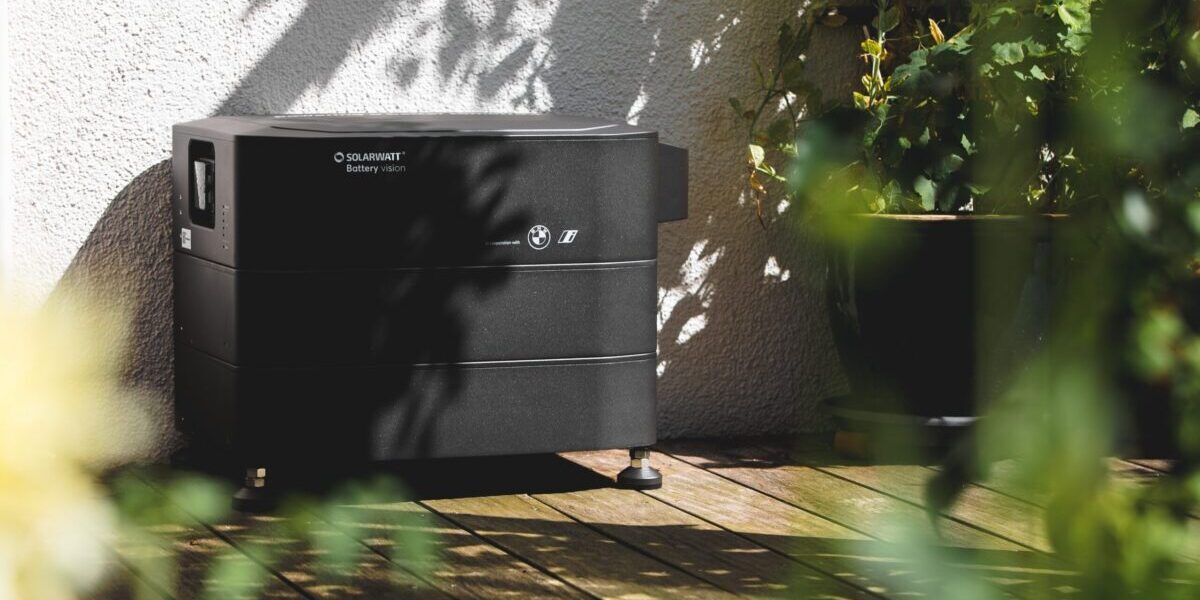The Sydney-based organization received more than 3,000 comments on the draft proposal (DR AS/NZS 5139) it has been developing for battery storage standards in Australia. In particular, it said that many companies and individuals have expressed concerns over how battery storage systems should be installed in private homes.
Due to the “significant response” to its proposal, the country’s leading non-government standards development body has decided to temporarily pause its efforts to set new rules. In the meantime, it will bring key stakeholders together to discuss the formation of a framework through which they can address key policy-related concerns. It said that such industry-focused discussions are necessary because there are currently few government standards in place for storage batteries in Australia, particularly for residential construction requirements for onsite systems.
“Mandated residential construction requirements are ultimately public policy matters for governments,” it said in an online statement, noting that its policy recommendations are voluntary unless formally endorsed by government bodies. It only publishes standards based on agreements between the government, industry and community stakeholders.
Concerns about public safety, renewable energy and minimum residential construction requirements are among the policy-related issues that Standards Australia’s technical committee is unable to resolve on its own. It said that state governments need to clarify all outstanding concerns they have about battery storage policy before more progress can be made on setting industry standards.
“Standards Australia will continue to work with its technical committee and all stakeholders on this issue and hopes that a parallel policy dialogue will give our technical committee the guidance it needs,” it said.
Standards are desperately needed for the Australian residential storage market, which is growing quickly. Byron Bay-based consultancy Sunwiz expects 30,000 systems set to be installed throughout the country this year. However, a number of storage battery suppliers have argued in recent months that regulators and energy officials are holding back development.
Standards are now being developed in cooperation with the Energy Storage Council (ESC), an initiative under the Australian Solar Council. In June, the not-for-profit ESC and the Australian Solar Council issued a six-point plan to reform Australia’s energy market, in response to the recently issued Finkel review of the national electricity sector. Their proposals include setting plans to shut down coal-fired power stations and committing to a renewables target of at least 50% by 2030. They have also called for greater participation by Australian consumers in energy transactions, using peer-to-peer or aggregated services providers.
This content is protected by copyright and may not be reused. If you want to cooperate with us and would like to reuse some of our content, please contact: editors@pv-magazine.com.



By submitting this form you agree to pv magazine using your data for the purposes of publishing your comment.
Your personal data will only be disclosed or otherwise transmitted to third parties for the purposes of spam filtering or if this is necessary for technical maintenance of the website. Any other transfer to third parties will not take place unless this is justified on the basis of applicable data protection regulations or if pv magazine is legally obliged to do so.
You may revoke this consent at any time with effect for the future, in which case your personal data will be deleted immediately. Otherwise, your data will be deleted if pv magazine has processed your request or the purpose of data storage is fulfilled.
Further information on data privacy can be found in our Data Protection Policy.